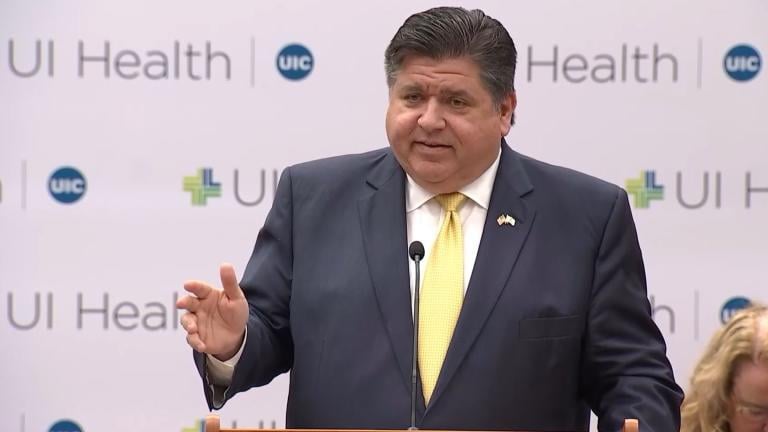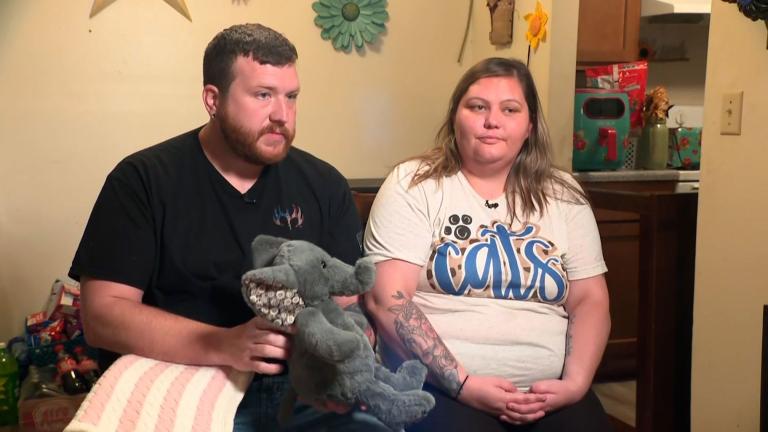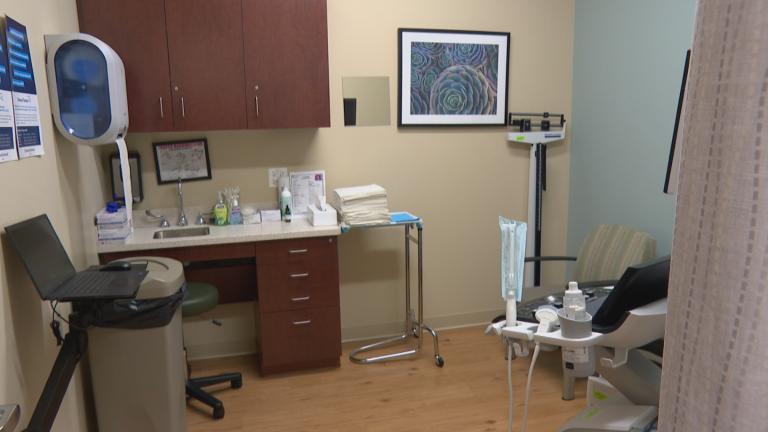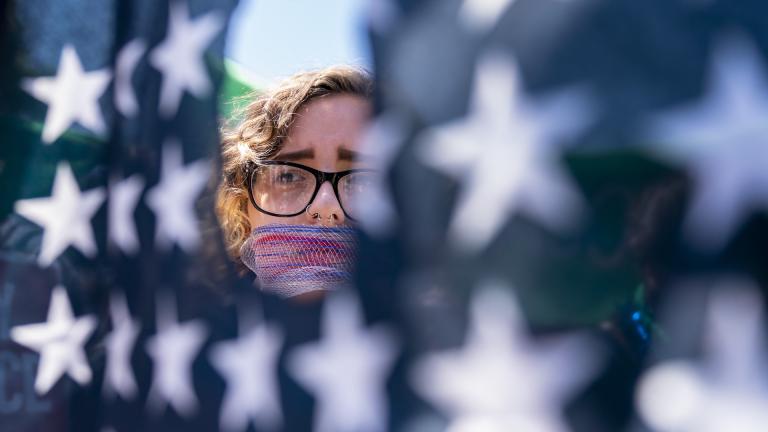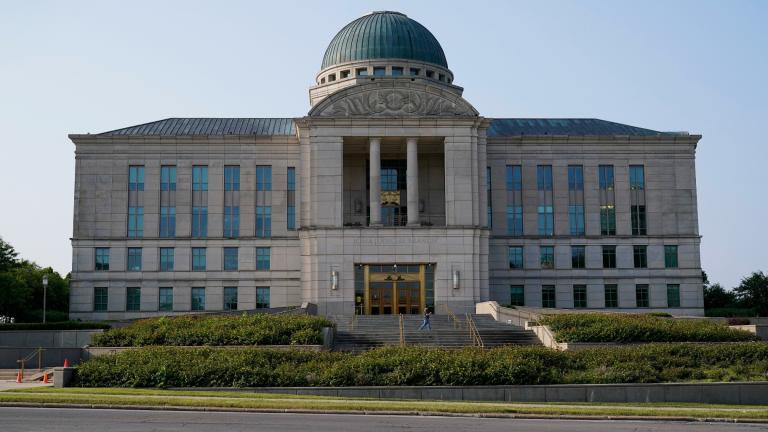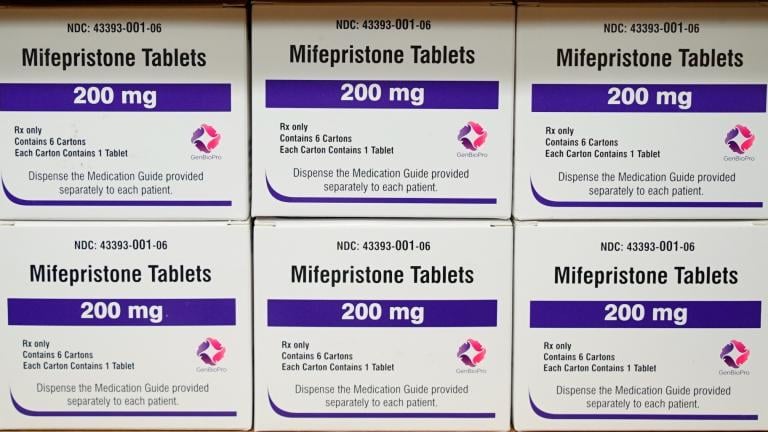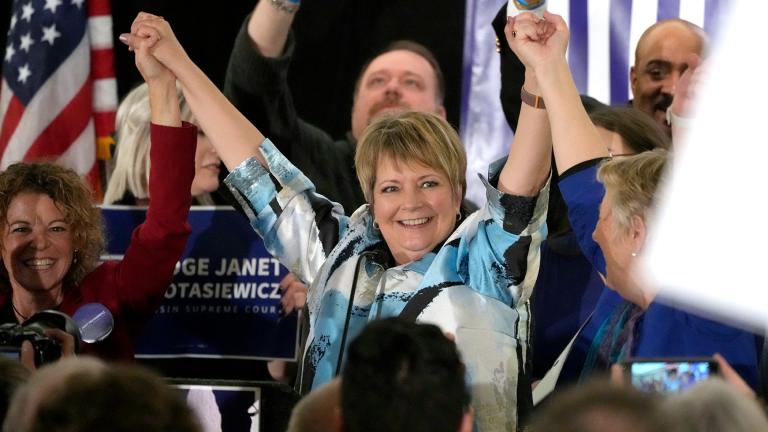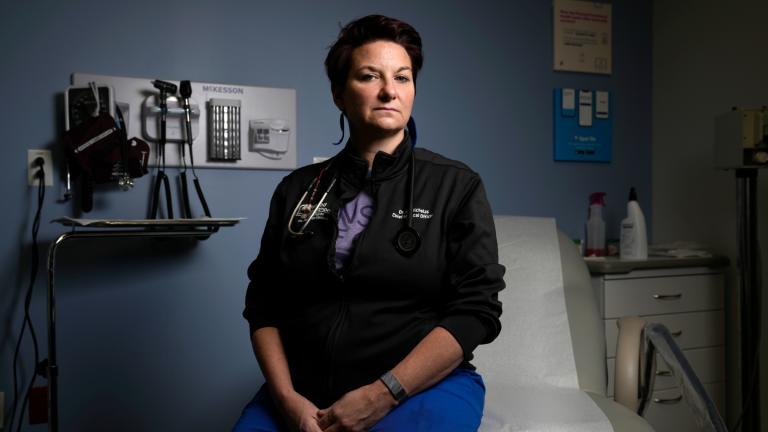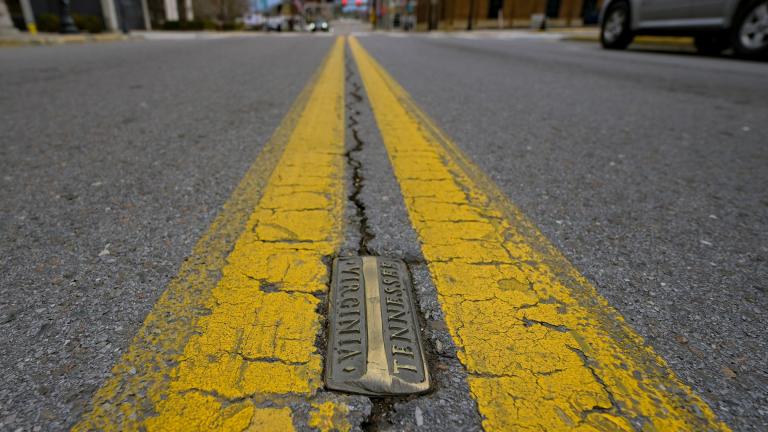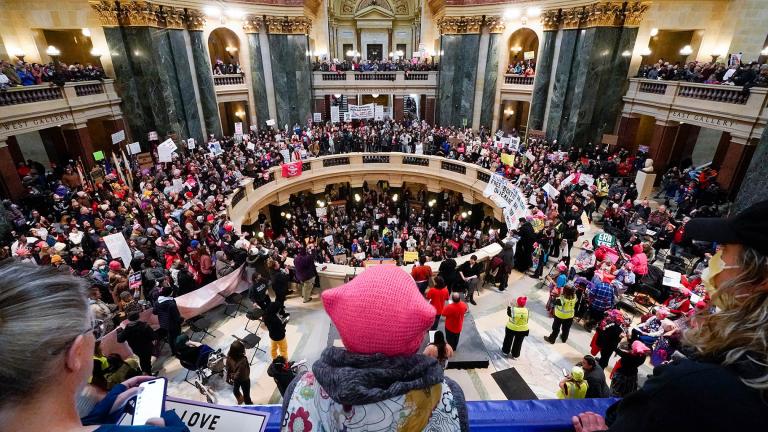Gov. J.B. Pritzker announced several new programs to help address the influx of out-of-state abortion seekers the state has seen in the 13 months since the U.S. Supreme Court overturned Roe v. Wade.
Abortion
A clinic in Chicago performed the procedure
The family’s ordeal started in April, when Heather was nearly five months pregnant and they found out their daughter was missing a major part of the brain, a condition called anencephaly. They say their doctors told them she would either be stillborn or die very quickly after birth.
This Saturday marks one year since the U.S. Supreme Court’s decision on Dobbs v. Jackson Women’s Health Organization, which reversed the 50-year-old Roe v. Wade decision. Since then, many people have flocked to Illinois in search of abortion access.
A Year After Fall of Roe, 25 Million Women Live in States With Abortion Bans or Tighter Restrictions
One year ago Saturday, the U.S. Supreme Court rescinded a five-decade-old right to abortion, prompting a seismic shift in debates about politics, values, freedom and fairness.
In a rare 3-3 decision, the Iowa Supreme Court upheld a 2019 district court ruling that blocked the law. The latest ruling comes roughly a year after the same body — and the U.S. Supreme Court — determined that women do not have a fundamental constitutional right to abortion.
More than two and a half years after the Jan. 6 attack on the U.S. Capitol, a new study estimates some 12 million Americans would support violence to restore former President Donald Trump to power.
A band of young women — most in their 20s, some in college, some married with children — banded together in Chicago to create an underground abortion network. The group was officially created in 1969 as the “Abortion Counseling Service of Women’s Liberation.”
The justices granted emergency requests from the Biden administration and New York-based Danco Laboratories, maker of the drug mifepristone. They are appealing a lower court ruling that would roll back Food and Drug Administration approval of mifepristone.
The justices are expected to issue an order on Wednesday in a fast-moving case from Texas in which abortion opponents are seeking to roll back Food and Drug Administration approval of the drug, mifepristone.
In an order signed by Justice Samuel Alito, the court put a five-day pause on the fast-moving case so the justices can decide whether lower court rulings restricting the FDA’s approval of the drug should be allowed to take effect in the short term.
Mifepristone was approved for use by the FDA more than two decades ago. In a ruling Friday, a federal judge in Texas blocked the FDA’s approval of the drug. At virtually the same time, a judge in Washington state ordered the FDA not to do anything that might affect the drug’s availability.
“We should put the right to choose on every ballot across the country in 2024 — not just with the candidates we choose, but with referendum efforts to enshrine reproductive rights in states where right-wing politicians are stripping those rights away,” Illinois Democratic Gov. J.B. Pritzker told CNN.
Spending on the race topped $42 million, nearly triple the national record for a court race. Almost 40% of the state’s eligible voters cast a ballot, the highest turnout for a spring election that didn’t feature a presidential primary in 20 years.
Hundreds of women travel each week to the southern tip of Illinois to secure an abortion, something that is no longer available to millions living in a 1,800 mile stretch of 11 Southern states that have mostly banned pregnancy terminations.
As clinics have been forced to shutter in Republican-dominant states with strict abortion bans, some have relocated to cities and towns just over the border, in states with more liberal laws. The goal is to help women avoid traveling long distances. Yet that effort does not always go smoothly.
The departure of a conservative justice, Patience Roggensack, has given liberals an opportunity to seize the majority on a court that could decide on issues such as abortion, redistricting, and voting rights ahead of the 2024 presidential election.

